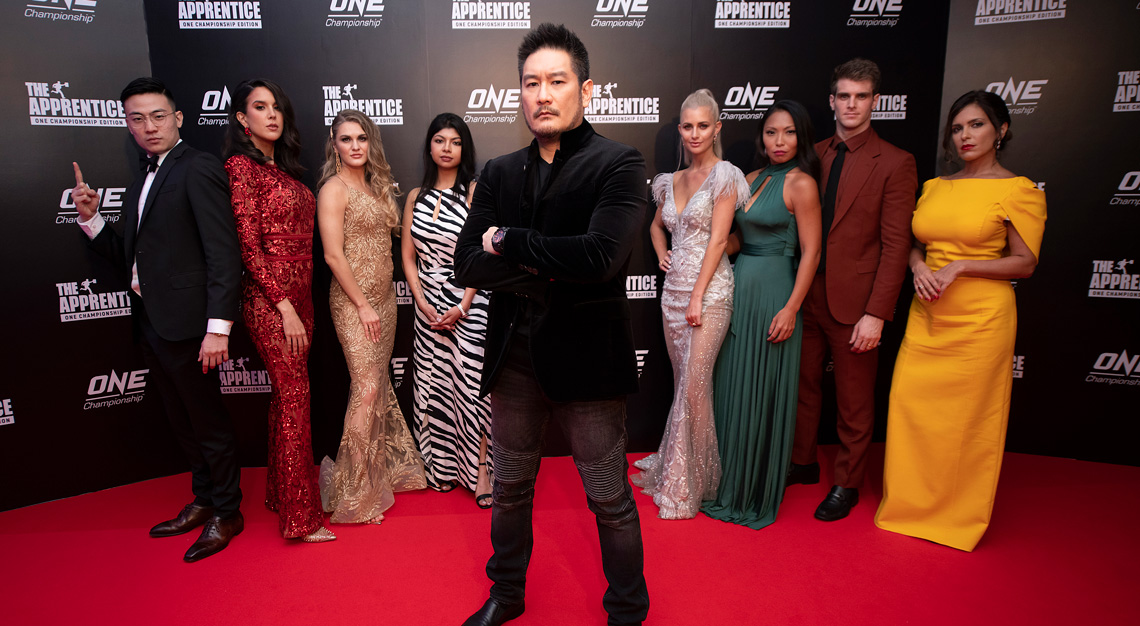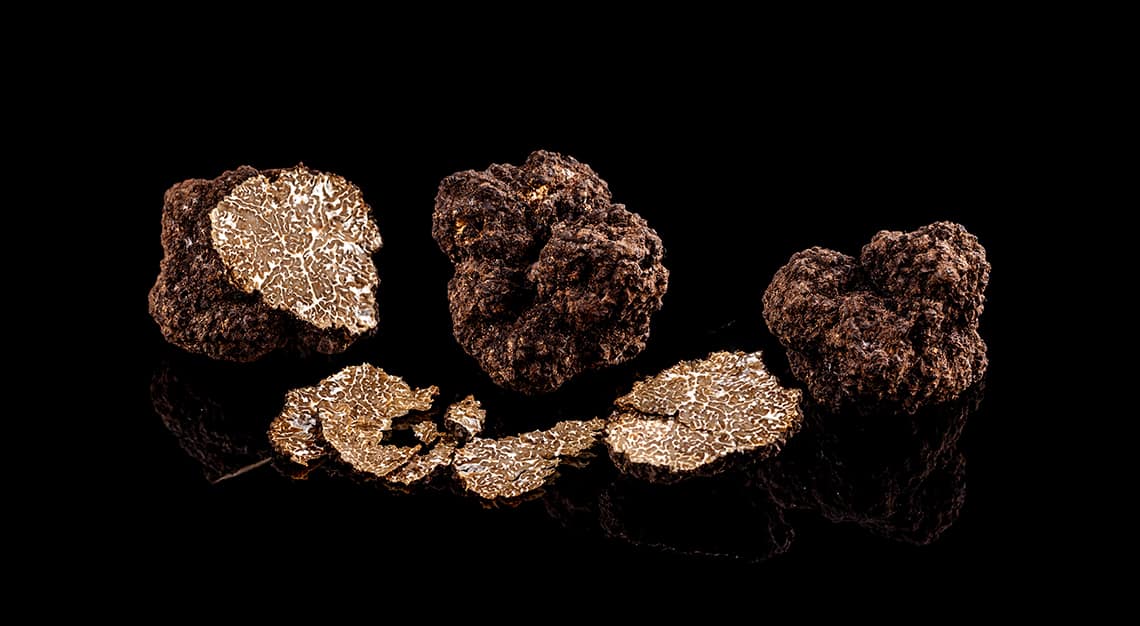Mmm, tastes like chicken
It’s hard to salivate over the idea of lab-grown – sorry, cultured chicken. It’s chicken that’s never clucked nor laid an egg, but instead begins life in cell isolation, meaning that the cells are sourced through methods such as through a cell bank or biopsy of a real-life bird. These cells are then cultured and tossed into a bioreactor, fed with a proprietary mix of proteins, amino acids, minerals and other nutrients needed, before they achieve enough ‘meat’ to be harvested. This is all done in San Francisco inside Good Meat’s lab – it falls under the Eat Just, Inc. brand, which earned its reputation through plant-based eggs and mayonnaise.

Singapore is the first country to welcome this novel ‘chicken’ with open arms, and even as someone who considers a relationship with food a strength, eating protein fresh from a lab seemed like a bad idea. But I went for it anyway, and the thought I had when a piece of it hit my unwilling tongue was, tastes like chicken. I was immediately reminded of that scene in The Lion King (1994), when Timon and Pumbaa first introduced bugs to Simba, except this wasn’t slimy. This was an adventure better than bugs, and knowing I was eating chicken at no cost of the earth felt satisfying. This was guilt-free meat.
Like conventional chicken, it does not have much taste and it shares the same nutritional composition, but unlike it, cultured chicken does not have the same bite. Think of it as a love child of a meaty tofu (tau kwa, to be exact) and chicken breast, or a piece of breast that’s been brined for much longer than it should. It’s pretty good, and although it’s not plant-based like Impossible Foods, it could thrill vegans and vegetarians alike. 1880, the private member’s club on Robertson Quay, is officially the first restaurant in the world to serve it. Diners will be taken on an immersive journey through the past, present and future of our food ecosystem, and the experience will culminate with three different dishes, each inspired by China, Brazil and the USA, the top three chicken producers of the world.

But before you have a peck at it, maybe listen to what Josh Tetrick has to say. The co-founder and CEO of Eat Just, Inc. (and fun fact: a muscular ex-linebacker and vegan) only wants good things for the world. His company was born out of a desire to save people from a failing food system screwed up by micronutrient deficiencies for instance, by finding sustainable, animal-free alternatives that taste like chicken and more.
How do you build a business and save the world at the same time?
We just focus on making these products, scaling them up and communicating them openly to consumers. If we do that, two things happen. One is we end up doing a lot of good, getting people away from consuming a conventional form of animal protein towards something that’s a whole lot better. And we’re not selling this for free. We’ve got to scale it and we’ve got to continue to make it better, so that we create a business that will hopefully be here, far past the time that I’m alive. A motivator for me is I like to act as if this is the last year that I’m going to be around. It makes me think about doing things that I really care about, to be around far past me.
Some scientists are resistant to the idea of engineered food, and they have suggested that it might be worse for climate change. How are you dealing with that?
I would ask the scientists, do you think beer is engineering? What about coffee? So you really unpack what the word ‘engineer’ means, at least in our world. What we do is entirely non-GMO. I think there are good reasons to pursue genetic engineering, but we just don’t when it comes to meat in our food. It is a different process, and you have to be really transparent about what that means. There has also been a number of studies – including one by Food Science and Technology – showing that culturing meat is over 90 per cent more carbon efficient, compared to the traditional approach. It’s really important that people hold us accountable, that it is more sustainable.

In terms of sustainability, how does your mission comply with the many small-scale farmers whose livelihoods depend on raising animals?
67 billion chickens are slaughtered every year, and 99.99 per cent are not small-scale farmers. The reality is that these are massive industrial operations with hundreds of thousands of birds in small quarters. That’s where the focus is. For some of the small-scale farmers, we think they’ll continue to produce meat. There’s going to be some demand for conventionally produced meat for a while, and some of them are really good at making animals taste good. So we’ll take a different approach and do what we’ve done in Japan. We partnered with a company called Toriyama, which makes these high-end wagyu. We have a deal with them to get cells from the cows, and ultimately make a wagyu product and provide a royalty to them.
What sort of societal changes might come from changing the nature of the relationship between humans and animals?
I think if I believe climate change is a big deal but I drive a big Hummer, emitting all the carbon emissions, it would be a moral inconsistency. So there’s something meaningful that comes from behaving in a way that reflects who you are, and I think that makes for a kinder, honest and gentler society. Everyone can still enjoy their fried chicken and chicken rice.
This story first appeared in the March 2021 issue, which you may purchase as a hard or digital copy






